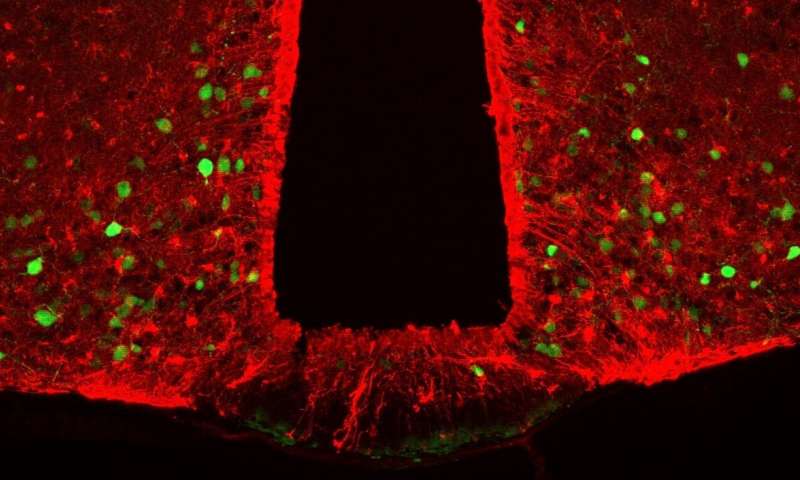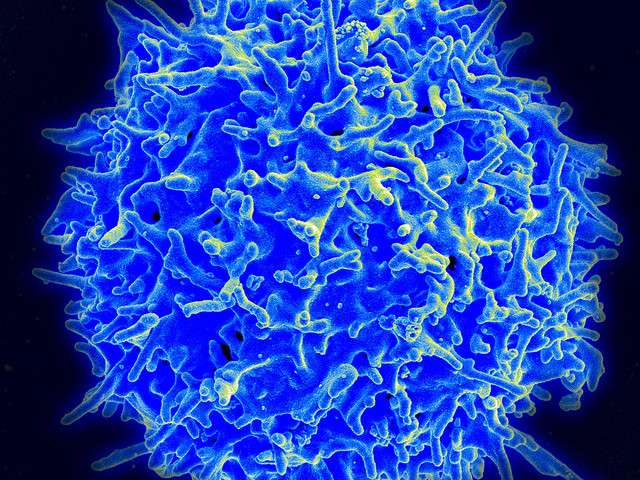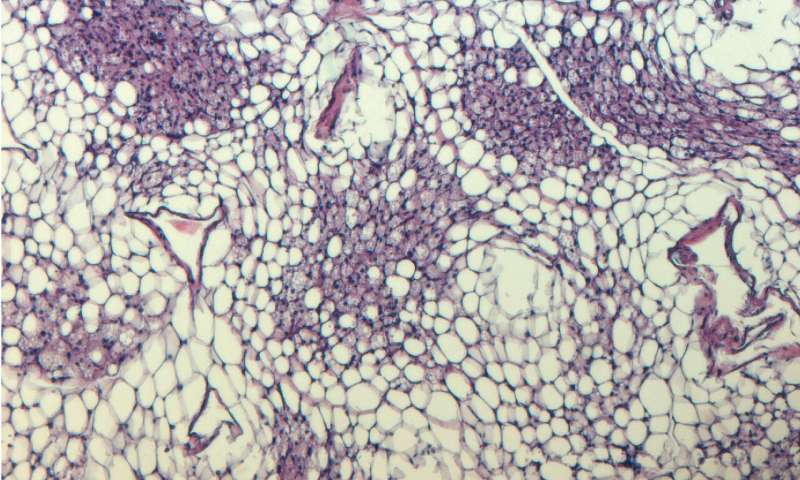Regardless of how much you exercise or how balanced your diet is, controlling your weight is more brain-related than you might have thought. In a study published in the Journal of Clinical Investigation, researchers from the University of Montreal Hospital Research Centre (CRCHUM) show for the first time in mice that the acyl-CoA-binding protein, or ACBP, has a direct influence on the neurons that allow rodents and humans to maintain a healthy weight. In April 2015, Thierry Alquier, a CRCHUM researcher and the lead author of this study, had already revealed,…
Read MoreCategory: Health
New findings could lead to improved vaccinations against sexually transmitted infections
In a study published today in the Nature Communications, researchers from King’s College London have shown how skin vaccination can generate protective CD8 T-cells that are recruited to the genital tissues and could be used as a vaccination strategy for sexually transmitted infections (STIs). One of the challenges in developing vaccines for STIs, such as HIV or herpes simplex virus, is understanding how to attract specialised immune cells, called CD8 T-cells, to take up residence in the part of the body where the virus first enters. These cells need to be…
Read MoreHigh-intensity exercise may restore heart function in people with type 2 diabetes
University of Otago researchers have discovered that high-intensity exercise can reduce or reverse the loss in heart function caused by type 2 diabetes. The study found that three months of high-intensity interval training (HIIT) improved heart function in adults with type 2 diabetes, without any change in medications or diet. Former PhD student Genevieve Wilson carried out the study under the supervision of Senior Research Fellow at the Dunedin School of Medicine, Dr Chris Baldi, with cardiologist and Associate Professor in the Department of Medicine, Gerry Wilkins, as her co-adviser.…
Read MoreA new way of diagnosing and treating disease — without cutting skin
University of British Columbia researchers have developed a specialized microscope that has the potential ability to both diagnose diseases that include skin cancer and perform incredibly precise surgery — all without cutting skin. The researchers describe the technology in a study published today in Science Advances. “Our technology allows us to scan tissue quickly, and when we see a suspicious or abnormal cell structure, we can perform ultra-precise surgery and selectively treat the unwanted or diseased structure within the tissue — without cutting into the skin,” said Yimei Huang, co-lead author…
Read MoreGenetic switch controls conversion of bad to good fat
Fat cells are the bane of a dieter’s existence, but fat is important. Previous studies showed the subcutaneous white fat cells can transform to brown and beige varieties when exposed to cold stress. These dusky forms of fat, burn energy more effectively to keep an organism warm. Researchers at University of Utah Health have figured out a way to make more of these energy-burning fat cells. They have identified TLE3, a genetic switch that stops the conversion of white fat into these thermogenic varieties. The results are available online in…
Read More




